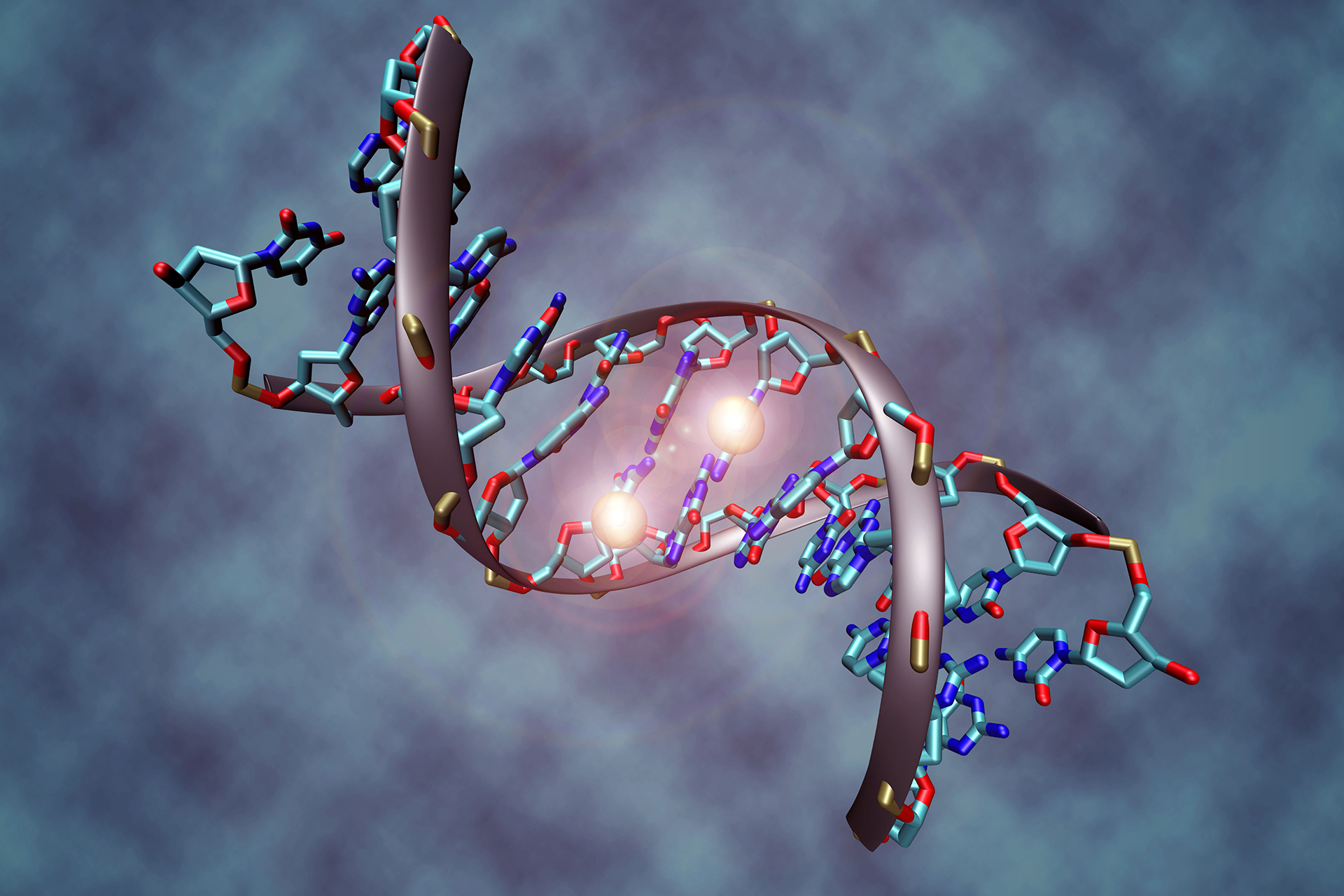The breakdown products of alcohol can travel to the brain and alter gene activity, which in turn could influence behaviour, suggests a new study in mice.
The results may demonstrate how alcohol changes the brain's learning system – and how triggers such as passing by a bar, or seeing old drinking friends may prompt cravings in people with alcoholism.
US researchers found that acetate, a metabolite of alcohol mostly produced when it is broken down in the liver, travelled to the brain's learning centre in mice. Here it added epigenetic markers to genes, found the study published in Nature.
'It was a huge surprise to us that metabolised alcohol is directly used by the body to add chemicals called acetyl groups to the proteins that package DNA, called histones,' said the study's senior author Dr Shelley Berger, director of the Penn Epigenetics Institute at the Perelman School of Medicine at the University of Pennsylvania in Philadelphia. 'To our knowledge, this data provides the first empirical evidence indicating that a portion of acetate derived from alcohol metabolism directly influences epigenetic regulation in the brain.'
The team found that acetate from the breakdown of alcohol added chemical groups to the DNA via an enzyme called ACSS2. In previous work published in Nature in 2017, Dr Berger and her team found that this enzyme was needed to form spatial memories.
In the current study, the team used behavioural tests to show that ACSS2 was needed to form alcohol-related memories.
'Our molecular and behavioural data, when taken together, establish ACSS2 as a possible intervention target in alcohol use disorder - in which memory of alcohol-associated environmental cues is a primary driver of craving and relapse even after protracted periods of abstinence,' said joint-first author, Dr Gabor Egervari also at the Perelman School of Medicine.
The team also showed that 'binge-drinking' pregnant mice passed on the effect – the alcohol-breakdown product acetate was passed through the placenta and caused the same epigenetic brain changes in the fetus.





Leave a Reply
You must be logged in to post a comment.